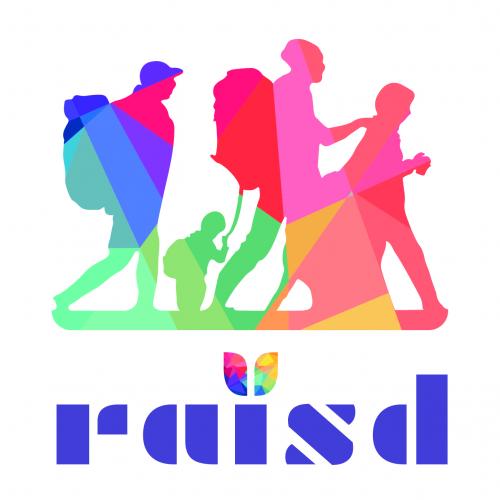As part of the RAISD project, Menedék Association worked with its foreign professional partners between 2019 and 2022 to develop professional and personalized methods of providing assistance to vulnerable refugees. In addition to Menedék Association, the project involved partner organizations from Finland, Jordan, Lebanon, Italy, Spain, and Turkey, led by the Complutense University of Madrid.
The name of the project - Reshaping Attention and Inclusion Strategies for Distinctively Vulnerable People among the Forcibly Displaced - suggests that there are particularly vulnerable individuals and groups among refugees and that they can be adequately cared for, provided that the strategy used to accommodate them is adapted to the particular context of vulnerability. The definition of this context can only be achieved with the participation of the actors and stakeholders involved.
The project conducted a total of 178 interviews with forcibly displaced persons and 85 professionals of the field. The purpose of the interviews was to provide researchers with a better understanding of vulnerability patterns by defining some characteristic “profiles”. In addition, “Action Research Units” have been set up in each partner country, i.e. multidisciplinary teams in which people from different disciplines have worked to explore local needs and service opportunities.
Knowing the contexts and patterns of vulnerability, each partner tested attention and inclusion strategies tailored to the local context. In Italy, for example, an adaptive training program available to refugees has been developed to promote social integration in the form of an “à la carte” course. In Finland, differentiated integration preparation for those in reception centres (e.g. single men, families with small children, etc.) has taken place. In Spain, the project focused on strengthening the entrepreneurial and self-employment skills of refugee women.
In Hungary, Menedék Association has prepared training exercises and tools to promote professional self-reflection for social workers and helpers. The freely available publication will be presented in a separate post soon.
For more information, visit the RAISD project website, where you will find a number of general and country-specific professional materials.
Website: https://raisd-h2020.eu/
Professional analyses: https://raisd-h2020.eu/resources/scientific-outputs/
Overview of pilot activities: https://raisd-h2020.eu/innovation/tais/
Online training modules: https://raisd-h2020.eu/observatories/capacity-building/
Reports from multidisciplinary teams: https://raisd-h2020.eu/research/aru/
The RAISD project was implemented with the support of the European Union's Horizon 2020 Research and Innovation Program under grant agreement No. 822688.
The European Commission is not responsible for the content of the project's professional material, which reflects the views only of the authors. The Commission cannot be held responsible for any use which may be made of the information contained therein.

